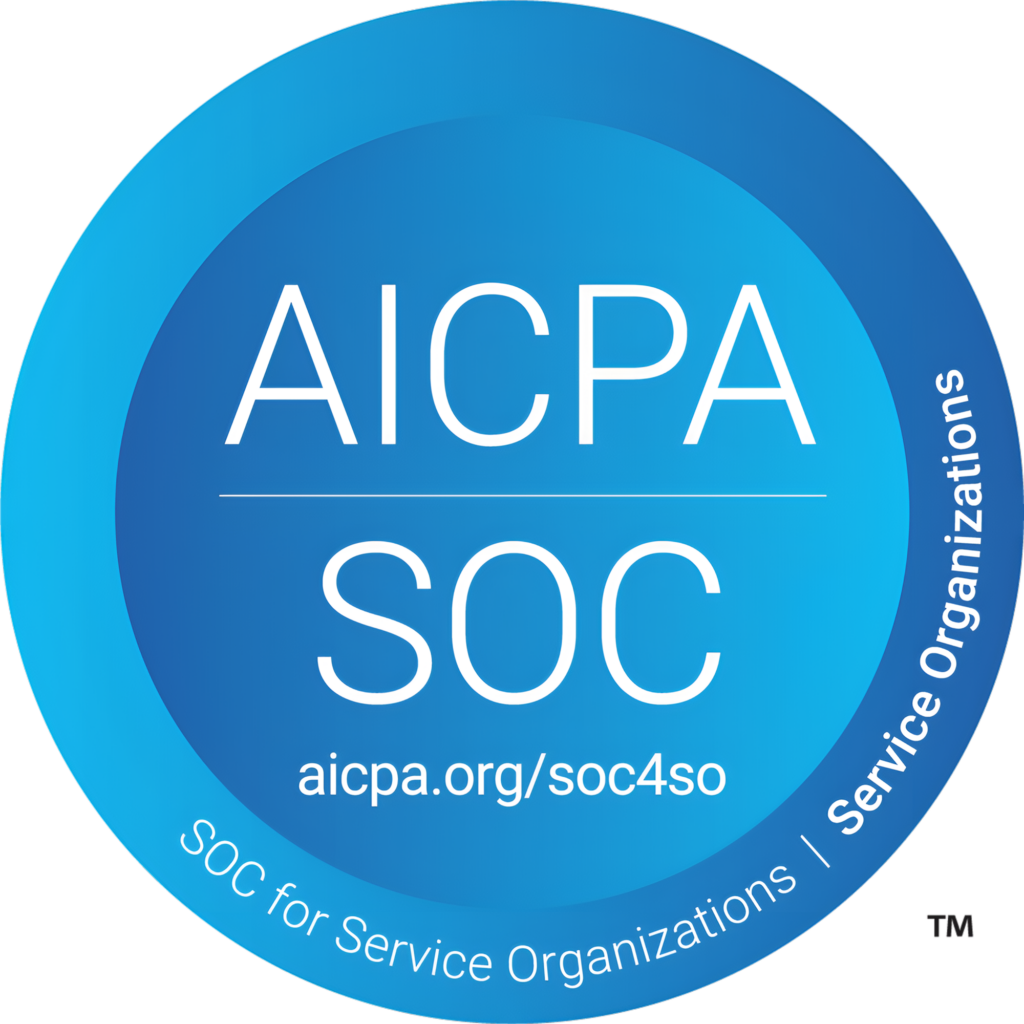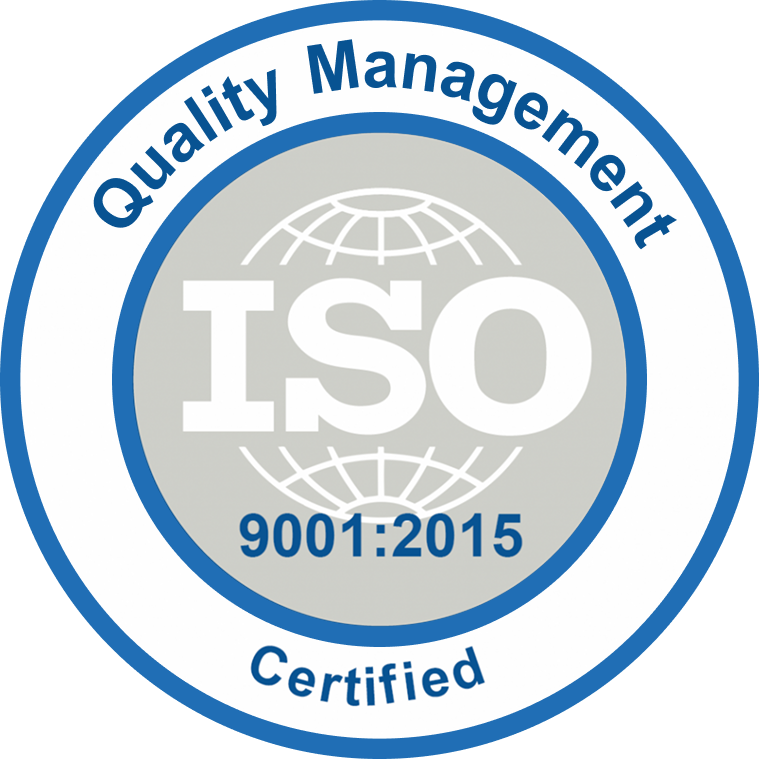The need to evolve with technology is crucial for businesses today. For small and medium-sized enterprises (SMBs), the challenge involves:
- Staying current with technological advancements in a cost-effective manner.
- Ensuring uninterrupted growth and stability over the long term.
Microsoft’s Power Platform offers an essential solution, providing tools that improve information management, productivity, and operational efficiency.
Power Platform’s capabilities focus on delivering improved customer experiences and streamlining internal processes. These tools are designed to increase efficiency and support decision-making, making them invaluable for small business owners who are eager to leverage technology to accelerate their operations.
Continue Reading
Power Portal and Power Pages: A Quick Overview
Microsoft Power Portal and Microsoft Power Pages, both integral parts of the Microsoft Power Platform, are designed to help businesses streamline operations and enhance user experiences. Although they share a common foundation and are used for creating external-facing portals and websites, they cater to slightly different needs. Understanding their specific strengths can help you select the right tool for your business objectives.
Similarities Between Power Portal and Power Pages
Power Portal and Power Pages are both part of the Power Platform and are used to create interactive web portals. They share several common features, such as integration with Microsoft Dataverse, seamless connectivity with other Microsoft services, and robust security measures. These similarities make both tools essential for enhancing business operations and user engagement.
Differences Between Power Portal and Power Pages
While Power Portal focuses on building interactive portals for external audiences, Power Pages is geared towards creating dynamic, content-rich web pages. Power Pages offers a no-code/low-code environment that simplifies the development process, making it accessible to users with minimal technical knowledge. This distinction makes Power Pages particularly useful for businesses that need to quickly develop and deploy websites without extensive coding expertise.
From Power Portals to Power Pages
Power Apps Portals and Power Pages offer unique features that cater to different aspects of web development.
- Design Studio: Power Pages features a user-friendly Design Studio that allows users to add new functionalities to their websites with ease. In contrast, Power Apps Portal Studio offers more limited configuration capabilities.
- Provisioning Time: Websites created with Power Pages can be provisioned more quickly than those built with Power Portals, making it a more efficient choice for businesses looking to establish an online presence swiftly.
- Mobile Device Preview: Power Pages streamlines mobile previewing by allowing users to scan a QR code, whereas Power Apps Portals may require manual URL entry.
- Experience Level: Power Pages’ drag-and-drop interface eliminates the need for advanced coding knowledge, unlike Power Portals, which often requires familiarity with HTML, CSS, and Java.
Tangible benefits of Power Apps Portal and Power Pages for SMBs
Power Pages and Power Apps Portal offer a range of benefits that help SMBs improve customer interactions, streamline operations, and enhance decision-making processes. Key advantages include:
- Extend Your Apps: Easily extend existing apps to external users, enhancing satisfaction and providing seamless access to services.
- Real-Time Data Access: Provide stakeholders with up-to-date information for quicker decision-making and more efficient operations.
- Integration with Power BI and SharePoint: Seamlessly integrate with Power BI and SharePoint for enhanced data analysis and content management.
- Robust Security Features: Protect sensitive data with advanced security features that control access to content.
- Cost-Effective Solutions: Tailor the portal’s appearance and functionality to meet business needs without extensive development work.
- Self-Service Options: Offer self-service capabilities, reducing the support team’s workload and enhancing user experience.
- Customizable Appearance: Easily customize the portal’s appearance and functionality to align with your brand.
- Easy Functionality Extension: Extend page functionality quickly with various components to improve user engagement.
Power Platform Synergy
The true strength of the Power Platform lies in its ability to integrate with existing systems and services, creating a cohesive ecosystem that enhances business operations.
- Power Pages With Dynamics 365: Integrate with Dynamics 365 to extend CRM and ERP functionality to external users through web portals.
- Power Pages With Dataverse: Seamlessly connect with Microsoft Dataverse for managing and displaying data within web pages.
- Power Pages With Power Apps: Embed custom Power Apps within your web pages to offer interactive tools and workflows.
Conclusion
Microsoft Power Portal has been instrumental in helping organizations maintain collaborative environments while ensuring data security. The introduction of Power Pages further streamlines this process, allowing external users to access information securely. This tool has empowered companies to protect their integrity and foster growth.
Achieve customizable, secure portals that enhance user satisfaction and decision-making. Start building your website today with Power Pages Development Services for integrated, robust solutions.
Contact AVASOFT today to transform your legacy systems into interactive websites with the help of our Power Platform developers.

